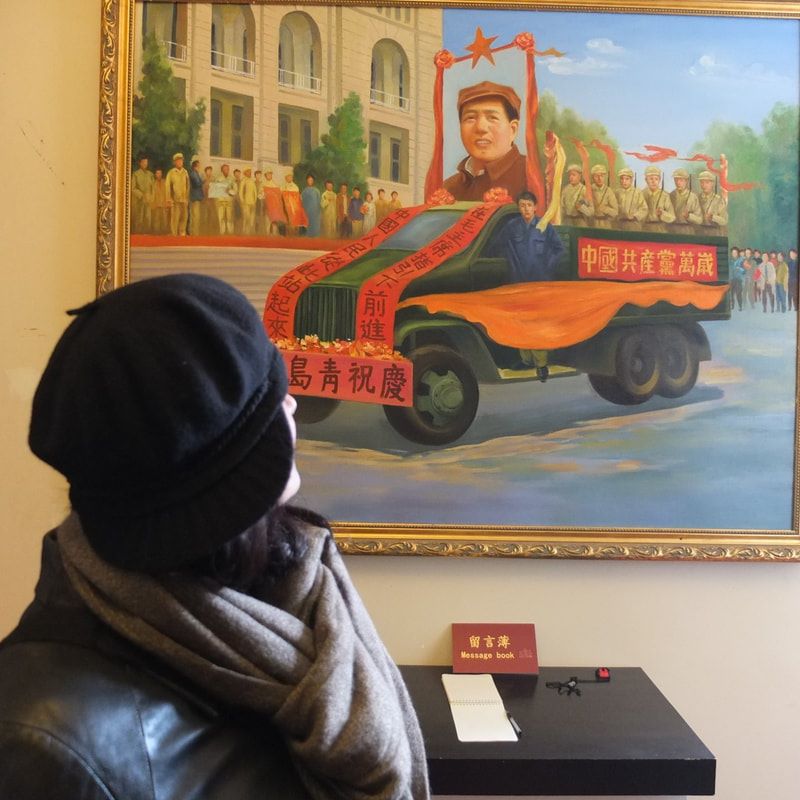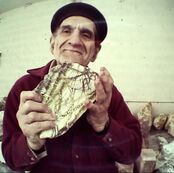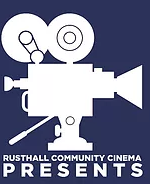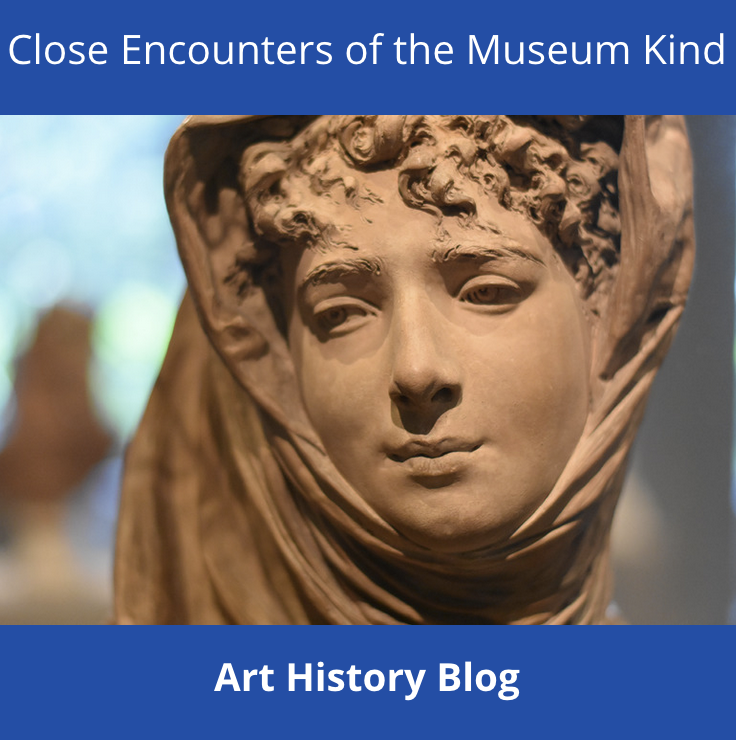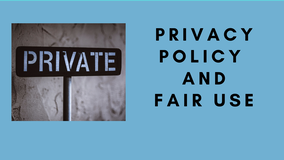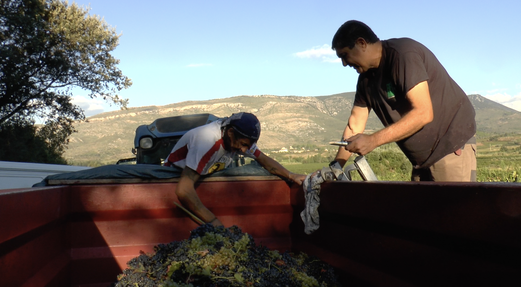 Picking the leaves and twigs from the grapes Picking the leaves and twigs from the grapes Lesson 29 from my course How to Kickstart Your First Documentary will help you work quickly and simply on your editing. Hell, we've been shooting all this material, the story is right there, in our files, and in our head, but then the mind has a mental block, for all those hours of material shot for days, weeks or months have left us in a visual pickle. How to start? With what images? Help! What was my story anyway? This is when I go to my dear friend PAPER EDIT In the last lesson I showed how Digital storytelling can help bring your story to life without needing to spend hours editing. The paper edit is similar in approach. You are going to write out the elements that are important, interesting, and vital for your story and discard the rest (for now). Here I explain the two simple methods I use which are for me ESSENTIAL. Documentary Filmmakers - YES - writing it out first helps pull your visuals together Paper edits are not old-fashioned or a waste of time. Do not let anyone ever say this to you. Paper edits are back where they belong, in film schools and film companies. Yet, sadly and interestingly, if you search online, there is not much written about this very essential and I believe helpful way of working. Helpful as it cuts out the mind-visual-clutter. I work as a solo crafter, not with a team. If you are looking for something more detailed for your team, then reduct.video have created an online version of the editing process which can be passed between team members. I will stick to simple paper and stickies in the beginning. It is what I am doing right now with a film which has multiple storylines, multiple characters, and a few crises and conflicts If you write something by hand it forces our brains to process what we have written in a way which is a sort of shortcut to our "information bank - memory." I notice that once I write down my ideas, my edit, (even just the words Paper Edit have me thinking visually). I need to know my material, (of course, I know what I shot, but it was a while ago). Now I need to view it all before laying it all out on the timeline. I am looking at everything, deciding what I want and what is irrelevant, not interesting, or incomplete. My first step is compiling what I have by writing it down. The documentary I am working on is based upon my village in France. The story in a nutshell In early 2020 I came from China to my village in France. I could not return to China due to the pandemic. I begin to work on a film during that summer's grape harvest. I filmed for 3 months covering hours and hours of village magic. (I think it is magic!). I have worked on different projects during 2 years, having put this film to one side. Now am editing my work. I am breaking it down into 3 main chapters or episodes to begin with. 1: The White and the Red (Grapes) 2: Covid Closes the Bar 3: The First Rugby Match since the Pandemic The first episode of my paper edit looks more like a mind-map My mind-map edit lets me see the main themes, characters and story. This is from hours of material.
My Preliminary Paper EditWhite and Red - September - October 2020
Thus part one is finished, without having edited anything on my timeline. Once I go through everything, I upload the images I need, ready for when I begin to craft my story on my timeline. From there, I will then write on stickies (or index cards) I like to stick stickies on the wall. What is great about this is that I can change the order around to SEE and FEEL if it is right. You can use Index cards which can be shuffled about. It is very helpful and visually clear Often I am often overwhelmed in the beginning. My head begins to swirl, it is only when I begin to really use this structure I see my film evolve and the fear of not having what I want fades. Or, sometimes the whole story changes, for what I think I have, or what I thought was good, is not so interesting and anther element begins to show up. Enjoy the process In the next workshop I will delve into the edit structure and how to make some visual magic.
Have a great week, enjoy the creative flow. And see you in the next workshop. Jeanne
0 Comments
Leave a Reply. |
Jeanne PopeFilmmaker, teacher, traveller and storyteller
Other Links |
|
"Thank you dear Jeanne. It is an honour to have your creative thoughts which are printed in this film. With your love energy, passion and creative thoughts and encouragement this film can have its own soul finally. Thank you so much". Tao Gu - Taming the Horse
|
"Jeannette taught me the tools I needed, never having made a documentary before. She gave so much time, patience to show me, guide me and share her creativity and skills with me." Dr. Zou Qialing, Beijing Film Academy, Qingdao Campus
|
|
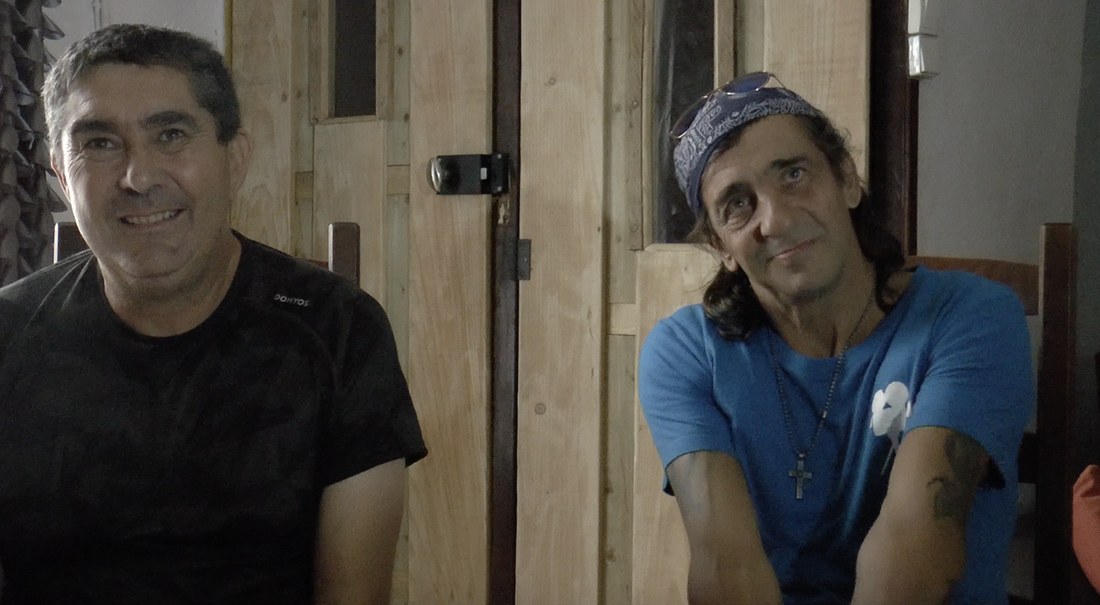
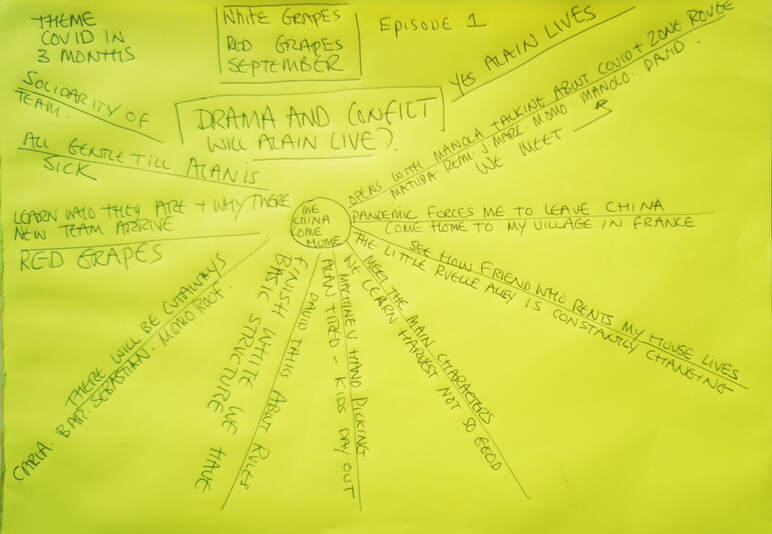
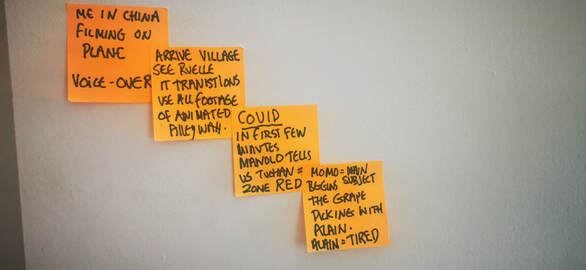
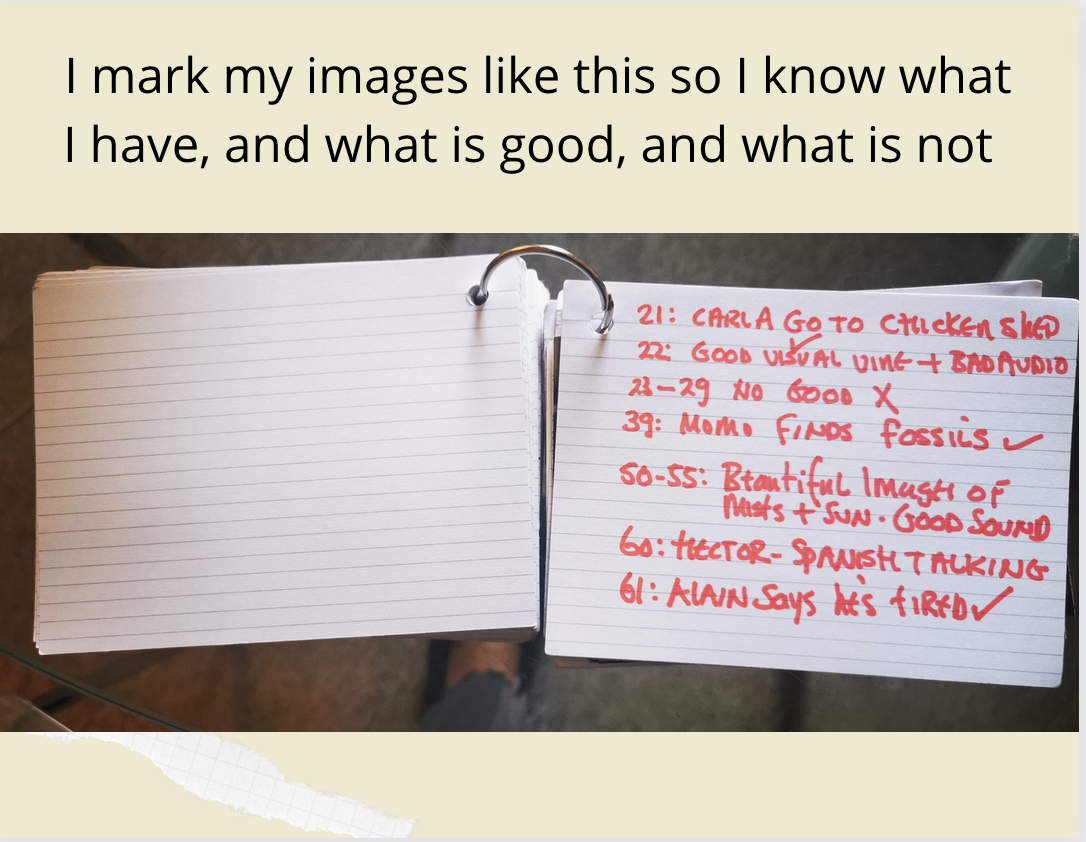
 RSS Feed
RSS Feed
